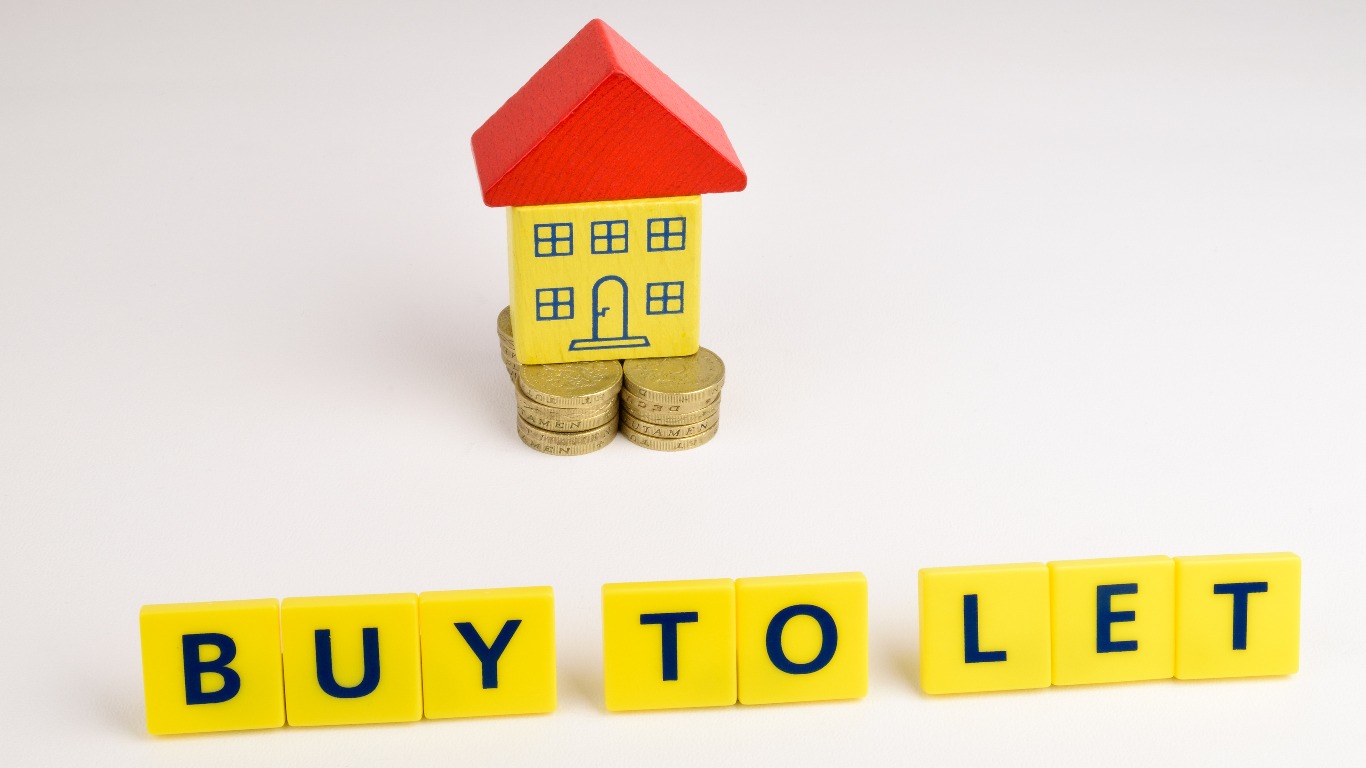UK tax and benefit changes 2020-21: National Insurance, Inheritance Tax, State Pension and more

Here are the major tax and benefit changes that will impact your money in the new tax year.
April 6 marked the start of a new tax year and, as always, that means a host of changes to the UK’s tax and benefit set-up.
Here are some of the big changes you need to be on top of.
Savings made simple: our guide to the best savings platforms
National Insurance
The threshold at which we start paying National Insurance is rising, one of the key pledges made by the Conservative Party before its victory in December’s General Election.
Previously National Insurance was only paid on earnings above £8,632, but this has now jumped to £9,500. This should mean an annual saving of around £104 for the typical employee.
State Pension
The size of State Pension payments is also going up with the new tax year, by 3.9%.
This means that if you receive the full amount for the new State Pension, you’ll get £175.20 a week, up from £168.80 previously.
Recipients of the old State Pension will also enjoy a boost in their payments, up to £134.25.
Savings without the fuss: manage all your accounts in one place with Raisin
Lifetime and annual allowance
There’s also good news for those saving in a private pension, with an increase in the Lifetime Allowance.
As the name suggests, this is the amount that you can save tax-free in a pension over the course of your lifetime and has been the subject of much controversy over the last few months.
The cap is being increased from £1,055,000 to £1,073,000.
There are also changes for the annual allowance on pension contributions, the amount you can save over the tax year without paying tax.
It stands at £40,000 but there was a taper for high earners (those earning more than £110,000) which saw the allowance drop down to £10,000.
The threshold at which the taper allies is rocketing to £240,000, though the minimum floor for those contributions will taper all the way down to just £4,000.
Junior ISAs

If you’re trying to put some money aside for your children, then a Junior ISA is a popular option.
What’s more, the amount that you can save in one has been drastically increased, with the annual limit on contributions rocketing from £4,368 to a whopping £9,000 with the new tax year.
Inheritance Tax
The residence nil rate band for Inheritance Tax applies on top of the nil rate band for individuals, and is a way for homeowners to pass their property onto their children after they die free of Inheritance Tax.
The residence nil rate band is increasing to £175,000, so combined with the individual nil rate band you won’t pay tax on estates worth up to £500,000, rising to £1 million for couples.
Top tips for slashing your Inheritance Tax bill
Capital Gains Tax
The new tax year means a small increase in the Capital Gains Tax (CGT) allowance. You can now make £12,300 before paying CGT, up from the previous £12,000 level.
Read our guide to cutting your CGT bill
Buy-to-let mortgage tax relief

This is the final stage in the phasing out of the tax reliefs previously enjoyed by landlords. Previously these property investors could claim tax relief on their mortgage interest payments at their Income Tax band, meaning higher and additional rate taxpayers could deduct far more.
However, from this tax year, they will only be able to claim back relief at the basic rate of Income Tax, meaning 20%.
This isn’t the only change impacting landlords either. For example, if they have to pay CGT on the sale of an investment property, this will now need to be declared and paid within 30 days, rather than in the next annual tax return.
In addition, the reliefs available on investment properties in which you previously lived are being reduced. For example, under the old rules, you wouldn’t need to pay CGT for the final 18 months you owned the property, even if you no longer lived there.
This is dropping to nine months.
Landlords: how to cut your costs
IR35 postponed
One tax change that had plenty of self-employed workers concerned about the new tax year centred on IR35 and the likelihood of far greater tax bills.
However, as a result of the Coronavirus situation this change has been postponed until next year.
Savings without the fuss: manage all your accounts in one place with Raisin
*This article contains affiliate links, which means we may receive a commission on any sales of products or services we write about. This article was written completely independently.
Comments
Be the first to comment
Do you want to comment on this article? You need to be signed in for this feature